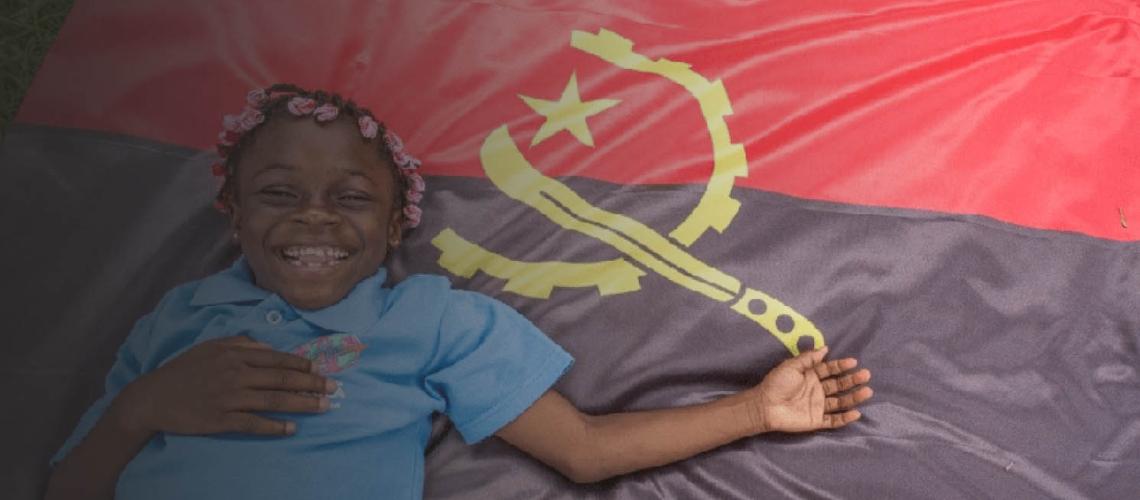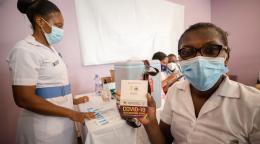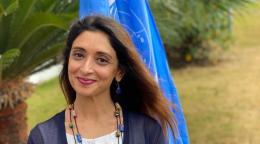Angola

Photo: © UNICEF/Xavi-Simancas
UN Angola Country Team
Resident Coordinator Office
1 / 2
1 / 3
UN Entities in Angola
1 / 28
UN Key Documents
UNDAF/United Nations Sustainable Development Cooperation Framework (CP)
UNDAF / CF START DATE
01 January 2020
UNDAF / CF END DATE
31 December 2023
START OF NEW CF CYCLE
01 January 2024
1 / 6
Latest news and updates
1 / 3















